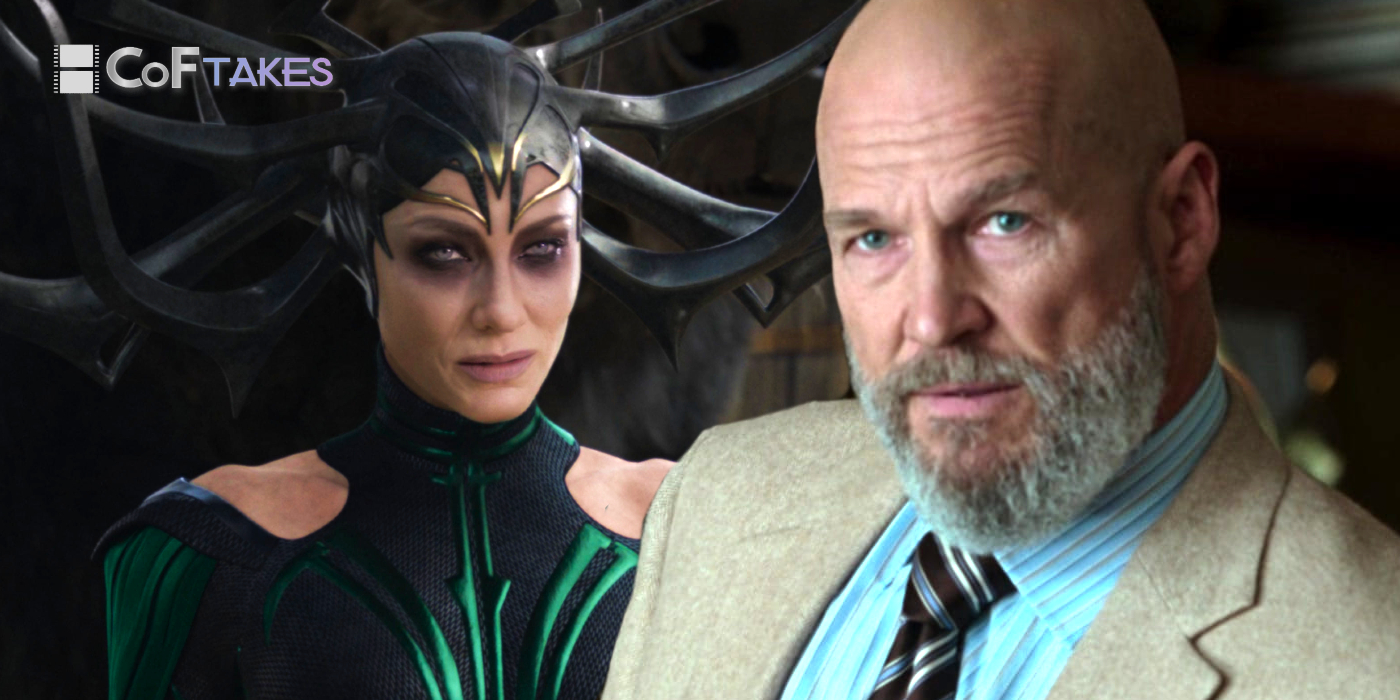Despite it not making the list of Corner of Film’s most anticipated upcoming movies, Belfast is already a contender for one of my best films of the year.
A coming of age comedy-drama set among The Troubles in the titular city in the 1960s, Belfast seems – on paper, at least – to be spreading itself a little thin. However, with the experienced Kenneth Branagh both writing and directing the semi-autobiographical Belfast, the film feels at once deeply personal and inherently universal, allowing it to organically embrace its dramatic, historical, and comedic elements without forcing them.
From its first scene, Belfast contrasts the innocence and joy of youth with the callousness and stark brutality of the riots. Seen through the eyes of nine-year-old protagonist Buddy, The Troubles are something vague and scary that threatens to tear his entire world apart, and yet his primary concerns remain very much those of a child; performing well at school, winning the affection of the girl he likes, and spending time with his grandparents. This allows for Belfast to examine its deeper themes without ever feeling too heavy, as its seriousness is so often offset by the occasional and natural moments of comedy that fill the life of a child.
In this, Belfast becomes as funny as it is interesting, with its characters feeling real and fleshed-out in a way that’s often overlooked in film. Buddy’s grandparents, played by Ciarán Hinds and Judi Dench, particularly help bring this to the fore, as their relationship with the young protagonist is less strained by stress and emotion than the one he shares with his parents. Throughout the film, Hinds’ and Dench’s characters offer Buddy advice and support in scenes at once touching and comedic.

With regards to acting, Belfast has no weak link. Jude Hill in particular shines in the lead role, but each member of its cast adds an extra layer to the film’s emotional weight. However, despite its sound performances, it’s the finer touches that make Belfast such an enjoyable film.
From its initial transition from a color montage of modern day Belfast into the black and white of the 1960s, Belfast is packed with powerful visuals. Its use of color whenever its characters visit the cinema captures the magic Buddy perceives in film as an escape from the uncertainty and danger of his daily life. Belfast‘s music is also used to similar effect, highlighting the characters’ moods (and often, the abrupt changes in them).
One small criticism I have is of Belfast‘s general story, which starts with the contrast between Buddy’s carefree nature and the horrific, disturbing reality of 1960s’ Belfast. While this theme is carried throughout, the story moves away from it significantly – by its end, Belfast is less about The Troubles than it hinted it would be, and more about Buddy and his family. While this isn’t necessarily a bad thing, the result at times feels a little disconnected, as though Branagh’s mind wandered from his initial intention but never returned to smooth back over the gentle shift of the story.
Emotionally, Belfast is a powerful film, but it’s also incredibly accessible. Even to myself, a humble millennial who wasn’t alive in the ’60s, it’s the story of terrible hardship happening all too close to home. Even further afield, Buddy’s story is one that will resonate with practically every member of the audience, because it harnesses the universal truth of youth. It captures the wonder and the uncertainty, the fear and the joy, and all of the promise and freedom of childhood, and it does so without ever feeling pretentious. It is, simply, a gorgeously shot, beautifully realized piece of cinema, and although its general narrative might not cover any untrodden ground, it’s no less powerful for it.
Rating: 90%
Summary: Deeply resonant and beautiful from the ground up, Belfast is a triumph of cinema.
Highlights: Belfast‘s opening scene is brilliantly, perfectly, jarring, but the comedy peppered throughout is what makes the film such a pleasure to watch.






Leave a Reply